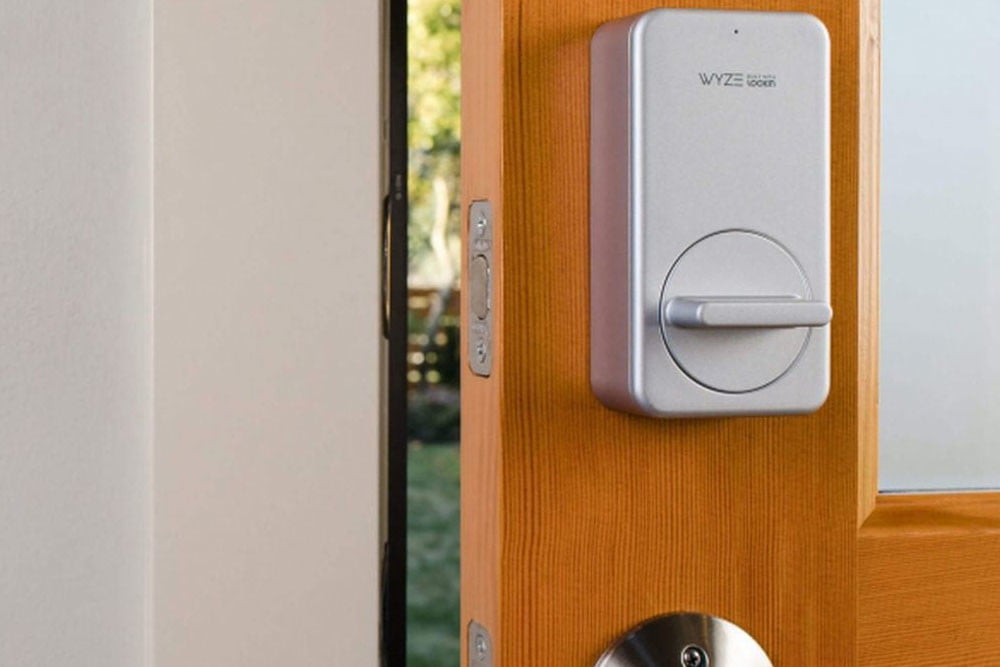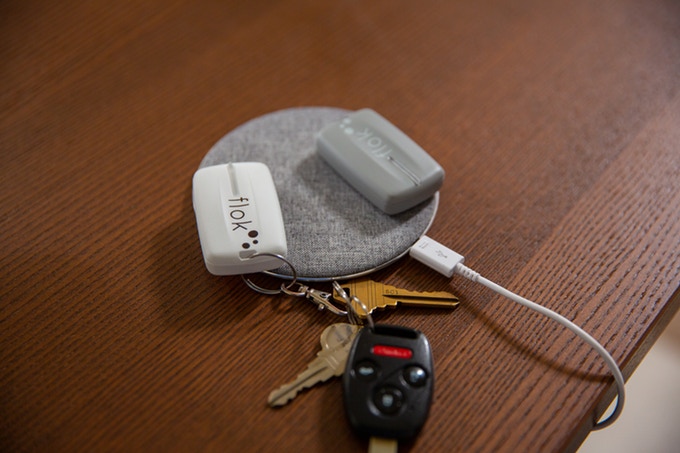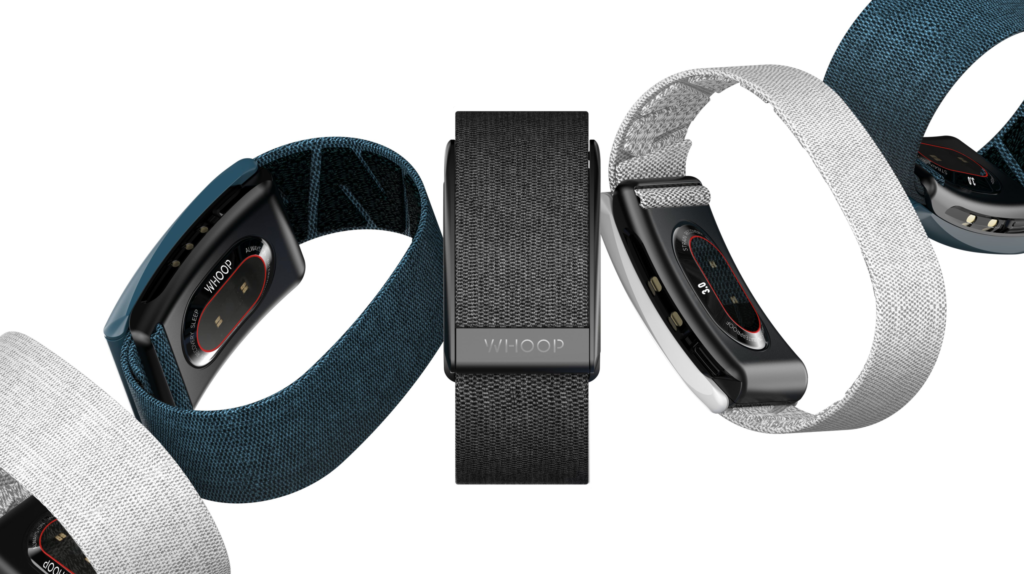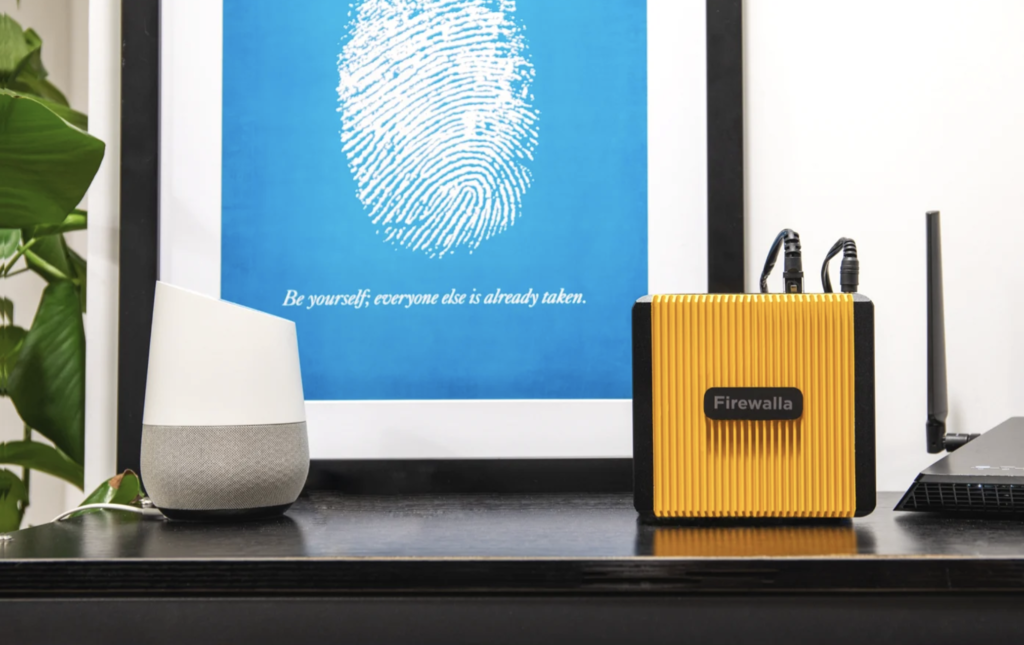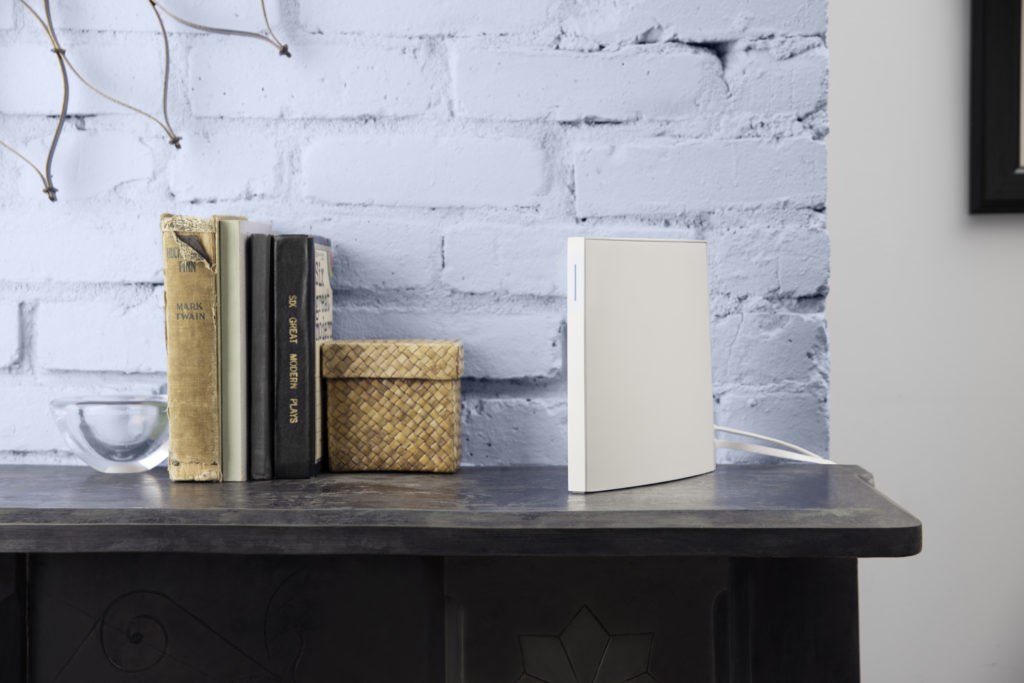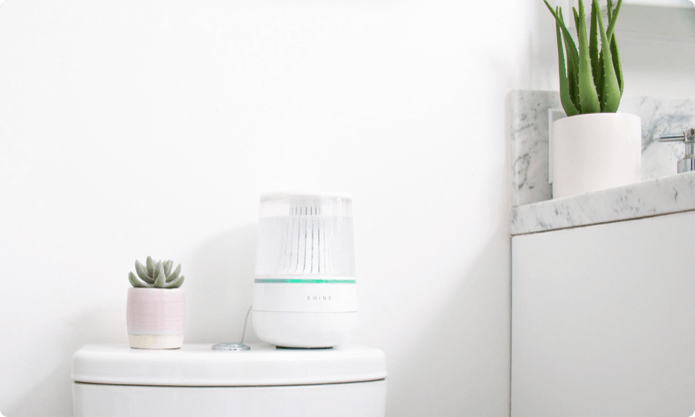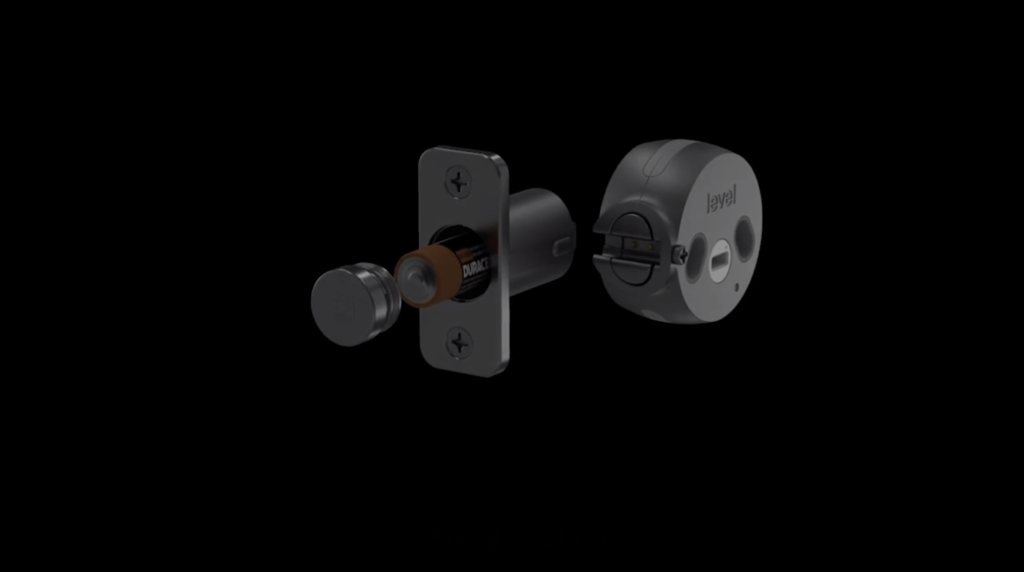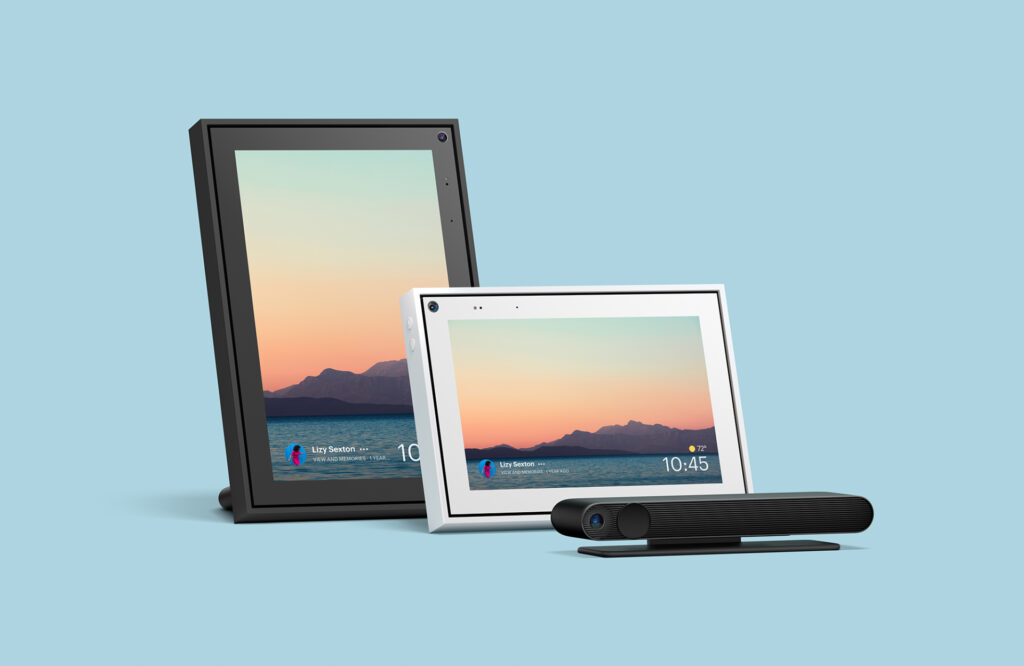This week Kevin and kick off the show on a serious note, pointing out that the U.S. is approaching China in terms of the number of people per every IP camera. We draw a line between that fact and the surveillance capabilities that Ring allows through the Neighbors app, before offering a smidgen of hope in the form of a new federal law. We then jump to the title topic — our annual gift guide that features 10 presents that won’t disappoint. One of them, the Philips Hue Sync Box, is the topic of a review from Kevin. After that, we hit a security flaw in Blink cameras, a new Ring light, and Google’s new alarm clock feature. We close by answering a listener’s request for funny smart home mishaps.
This week’s guest is Dr. Irene J. Petrick, senior director of industrial innovation in Intel’s IoT group. Petrick has conducted hours of research on the industrial IoT and the efforts companies are making to transform digitally. She talks about her newly released research as well as the skills that manufacturers believe their employees need today and in the future. I think those manufacturers are short-sighted and Petrick and I spent a lot of time discussing the shift from transactional business relationships to ecosystems. You’ll enjoy the show.
Hosts: Stacey Higginbotham and Kevin Tofel
Guest: Dr. Irene J. Petrick, senior director of industrial innovation in Intel’s IoT group
Sponsor: Cirrent
- China’s surveillance society is as far-fetched here as you might think
- Here’s what we recommend for your holiday gift list
- Do you want Google’s AI to wake you up in the morning?
- The employee of the future apparently needs some serious tech skills
- Transactional relationships are tired; ecosystems are wired
Podcast: Play in new window | Download | Embed
Subscribe: RSS


